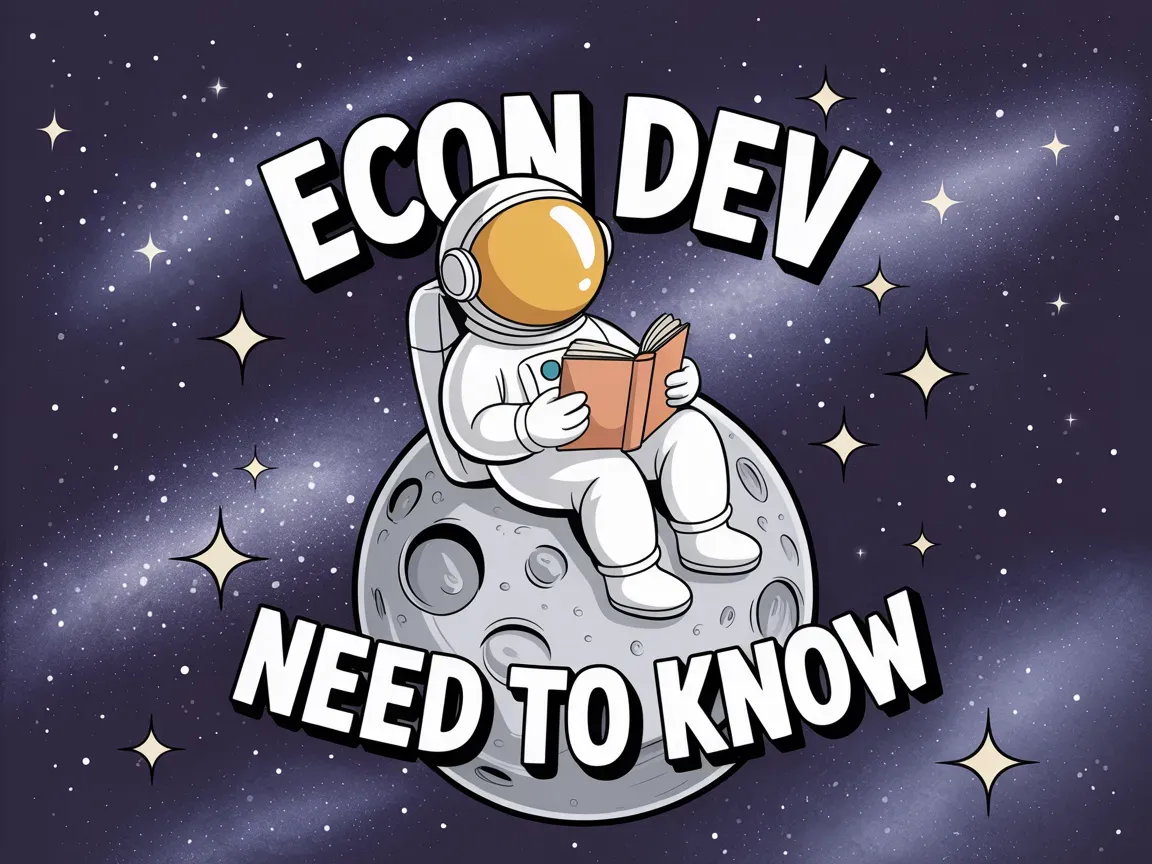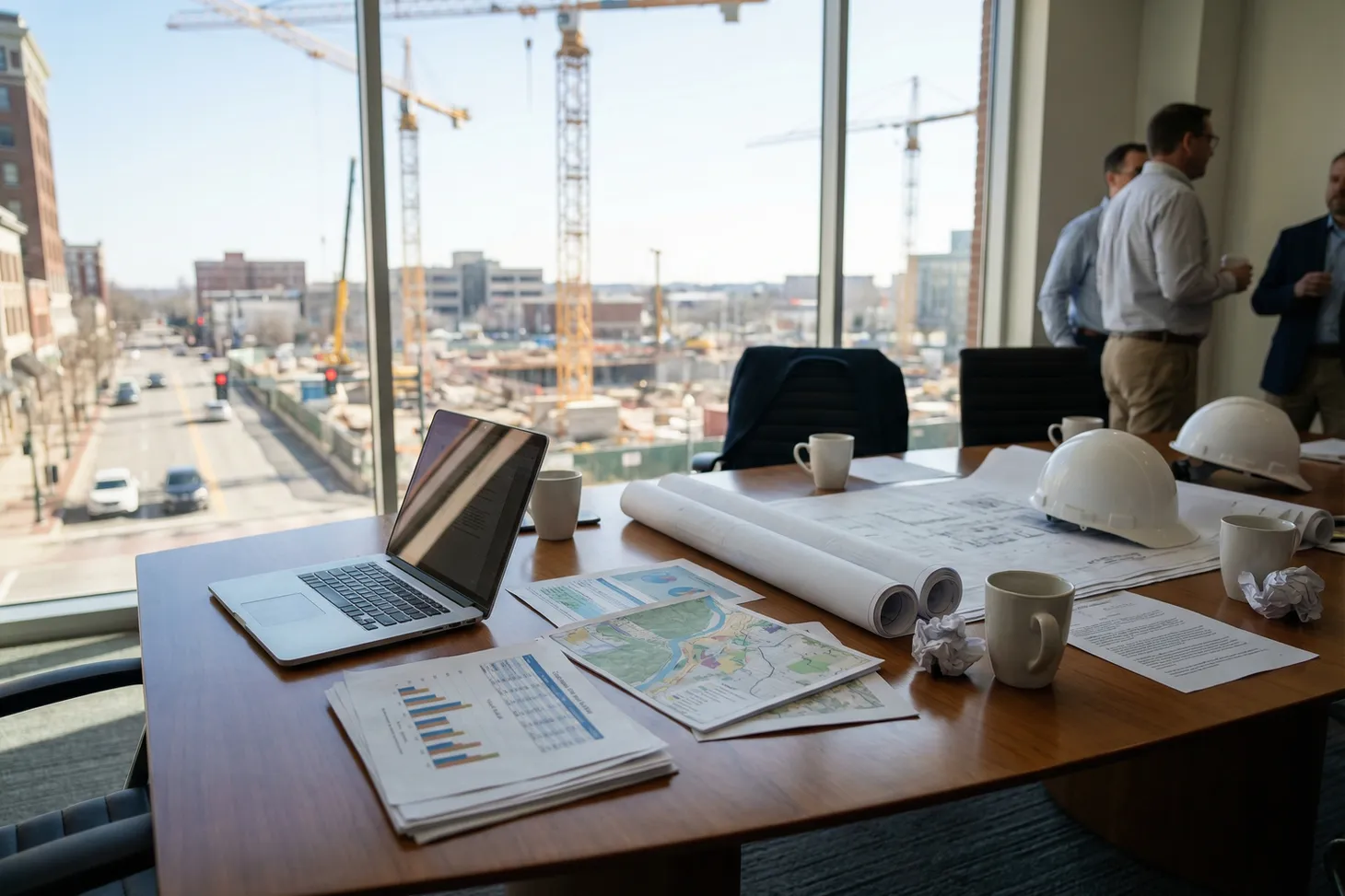Assorted Links Friday
College athletes, you're probably using LinkedIn wrong, the future of the office, and more.

Table of Contents
4th of July, or 2nd of July?
Did you know that officially, the Continental Congress declared its freedom from Great Britain on July 2, 1776, when it voted to approve a resolution submitted by delegate Richard Henry Lee of Virginia, declaring “That these United Colonies are, and of right ought to be, free and independent States, that they are absolved from all allegiance to the British Crown, and that all political connection between them and the State of Great Britain is, and ought to be, totally dissolved.”
Future president, John Adams, thought July 2 would be marked as a national holiday for generations to come.
Once the Congress approved the actual Declaration of Independence document on July 4, it ordered that it be sent to a printer named John Dunlap. About 200 copies of the “Dunlap Broadside” version of the document were printed, with John Hancock’s name printed at the bottom. Today, 26 copies remain.
That is why the Declaration has the words, “IN CONGRESS, July 4, 1776,” at its top, because that is the day the approved version was signed in Philadelphia.
Whatever the day, happy Independence Day (weekend) everyone!
Coming Monday on the Econ Dev Show Podcast: It turns out that I've been doing LinkedIn all wrong, and probably so are you. In this episode, LinkedIn's EDO expert Andrew Phillips sets us on the right path.
Coming next week on the next Econ Dev Show Podcast: “We’re doing LinkedIn wrong.”
— Econ Dev Show (@econdevshow) July 2, 2021
Subscribe now at https://t.co/cHLakurBq3 pic.twitter.com/j7mBIHsSIF
Some highlights from Slack’s last two Future Forum whitepapers, which surveyed global knowledge workers about post-COVID work:
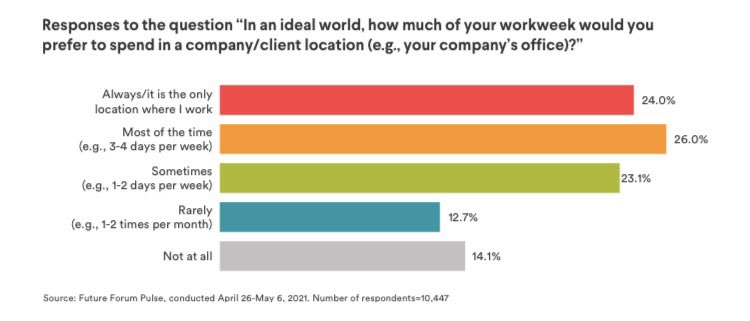
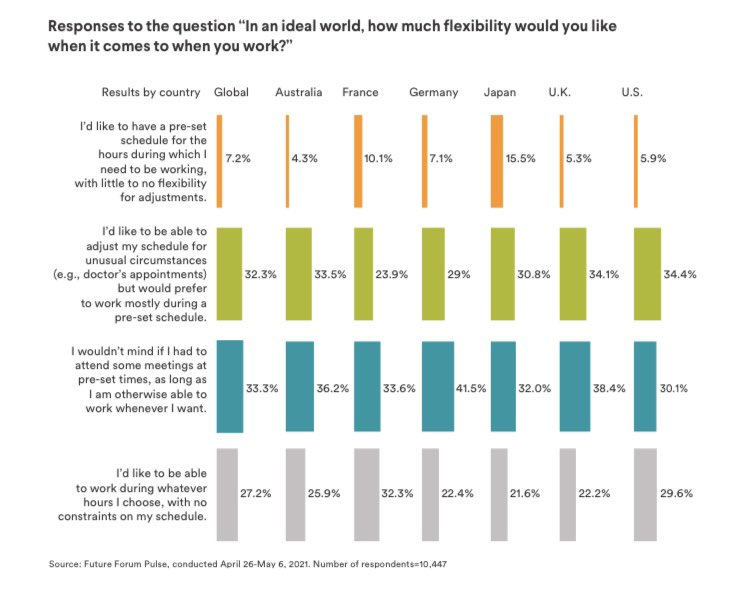
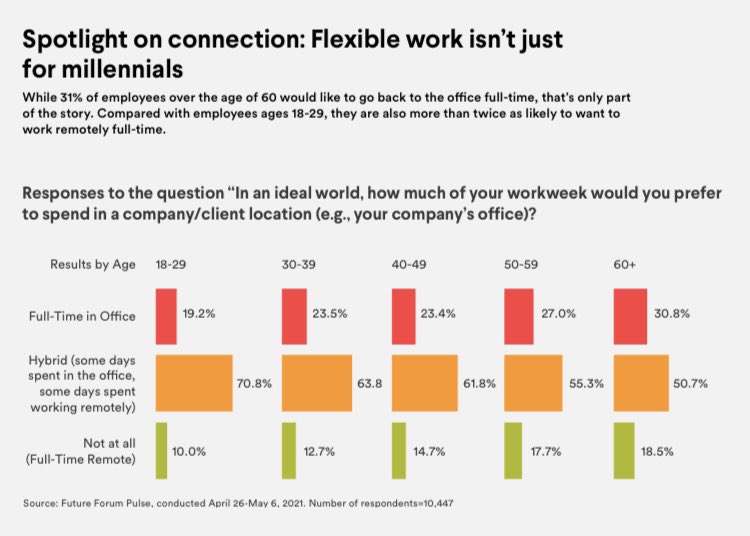
The forever virus; A strategy for the long fight against COVID-19
The virus behind the COVID-19 pandemic is not going away. SARS-CoV-2 cannot be eradicated. Among humans, global herd immunity, once promoted as a singular solution, is unreachable. Most countries simply don’t have enough vaccines to go around, and even in the lucky few with an ample supply, too many people are refusing to get the shot. (Foreign Affairs)
College athletes can finally profit off their celebrity:
The lifting of NIL restrictions, as they are called, is likely to transform the college sports landscape, allowing individual athletes to earn money by signing endorsement deals, appearing in commercials, hosting their own camps and clinics and in other ways — all things that the NCAA has long forbidden.
Let the market fix labor shortages: "All too often, U.S. politicians and policy makers look at employment through a fogged lens."
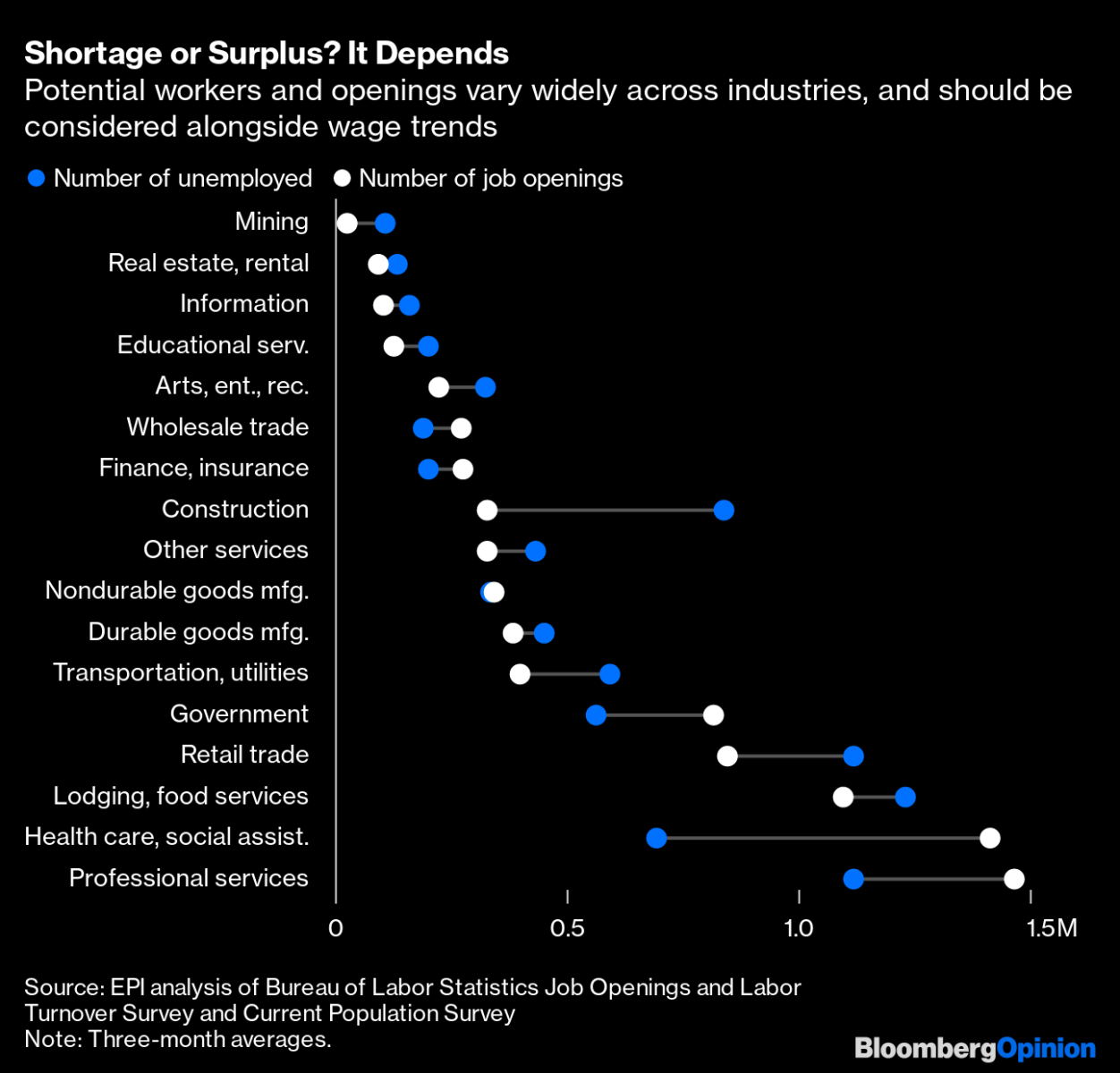
Econ Dev Show Newsletter
Join the newsletter to receive the latest updates in your inbox.
